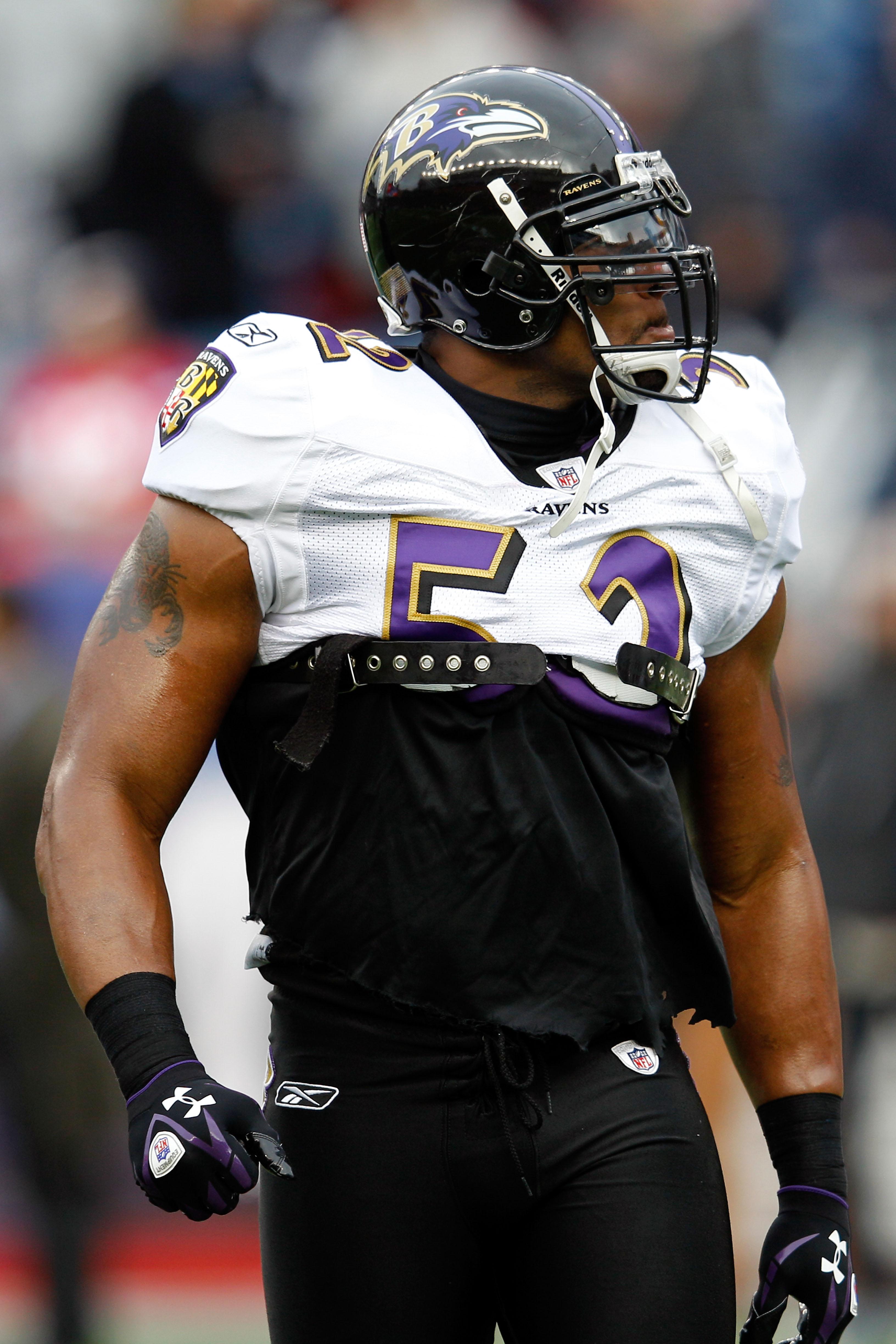The NFL, we learned Tuesday in the New York Times, will air a 60-second Super Bowl commercial about player safety. As with most NFL-produced moving images, the house ad will no doubt be slick and compelling. It’s directed by Friday Night Lights creator Peter Berg, and sounds highish in concept: a moving timeline of NFL history in which one era digitally morphs into the next during the course of a single kick return, projecting a seamless advance in player safety from the days of the flying wedge to the leather helmet to the single-bar facemask to the horse-collar tackle. Actors portraying NFL greats like Gale Sayers and Ollie Matson make appearances. No word on whether Kevin Everett does too.
The plans for the commercial (the NFL gets two-and-a-half minutes of ad time during the game) were given to the Times on the slowest pre-Super Bowl news day, when the teams arrive in town but before practice begins. That guaranteed good placement (atop the sports section in my edition) and a heavy flow of media attention. The NFL hasn’t put the commercial online. The Times said the league will unveil a website about its history and rules on Sunday, presumably something like this with lots of photos and video.
Ads are spin, of course, and the NFL’s spin here is unambiguous: that it has for decades done and continues to do everything possible to protect the health and welfare of its players. Facing a wave of lawsuits by retired players over concussions and related brain injuries that question what the NFL knew and when it knew it—some of which were consolidated in federal court in Philadelphia on Tuesday—the league is combating the perception it has callously sent its players to slaughter. It also needs to protect its brand and the future of the sport. In that regard, the most telling quotation in the Times story comes from the NFL’s chief marketing officer, Mark Waller, who says player safety is “probably one of the most important topics for casual fans, particularly mothers.” I added the italics, because if mom thinks football is crazy dangerous, she’s not going to let her son play, and if enough sons don’t play, football loses popularity, and if football loses popularity—you get the picture. Mom may not be reading websites that track catastrophic football injuries, but she will be watching the Super Bowl.
Also quoted in the story is Michael Hausfeld, a lawyer for some of the former players suing the league, who says the ad (as described to him by the Times’ Judy Battista) “seeks to portray a position of concern when they really had none.” The point being: The evolution of football safety is as much a function of technological advances, game strategy, and common sense as it is a directed effort by the NFL to protect its employees. Whether Peter Berg considered (or cared) that he was joining a legal and public-relations battle, we have no idea, nor does it really matter. But Baltimore Ravens linebacker/camera-lover Ray Lewis should have thought twice, or sought some advice, before agreeing to deliver the commercial’s closing lines: “Here’s to making the next century safer and more exciting. Forever forward. Forever football.”
NFL players have a schizoid relationship with their jobs. While Lewis’ current and past declarations of love for football represent an extreme, most players are passionate about the sport, including (if not especially) its inherent violence. Love to hit and be hit, part of the game, worry about the consequences later. But not a single NFL player is unaware of the lasting damage he is inflicting upon himself. So before joining the league’s PR campaign, Lewis might have considered the linebackers who came before him, as well as his own, to-be-determined post-retirement health. Because for players like Ray Lewis, football isn’t forever—it’s temporary. The only forever is the pain.
